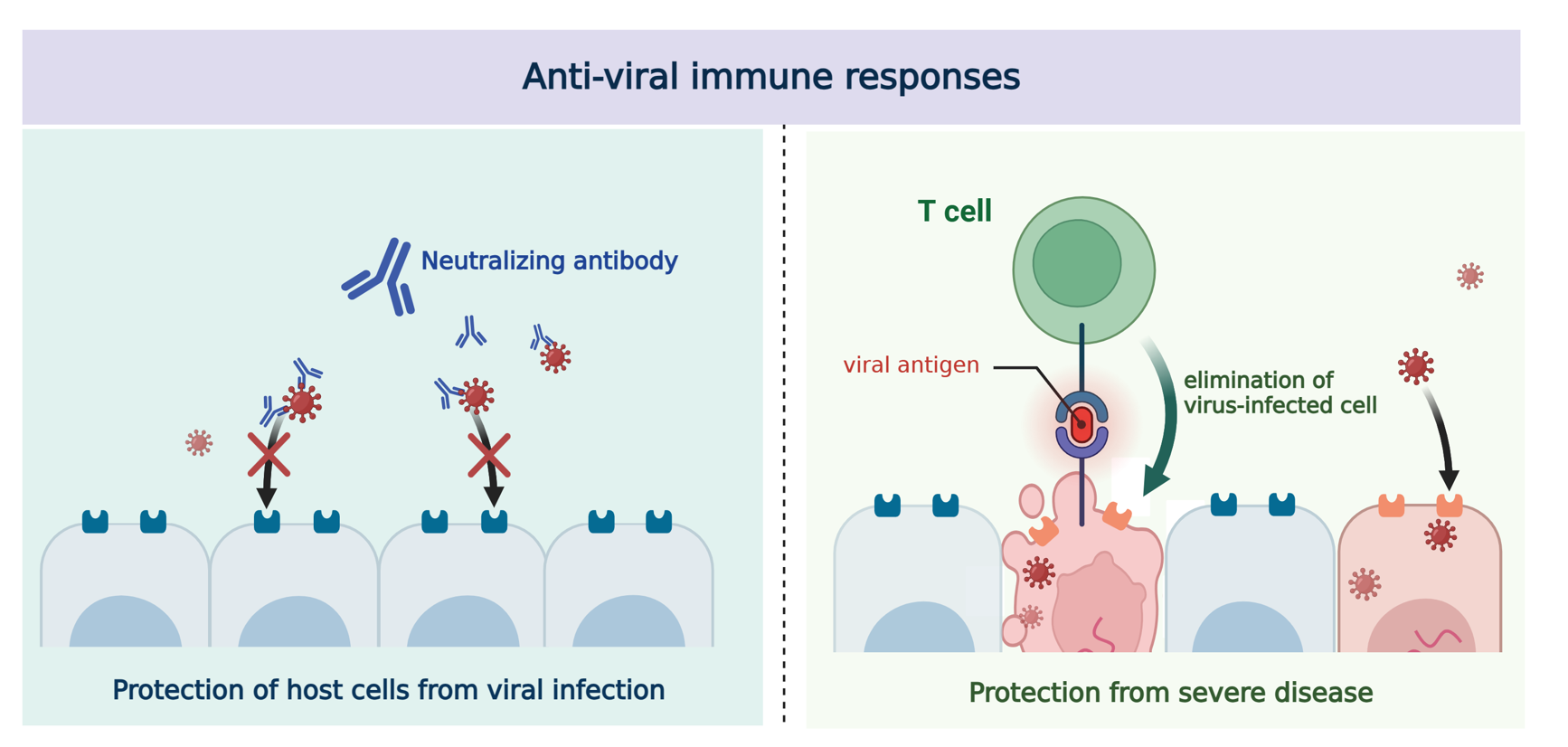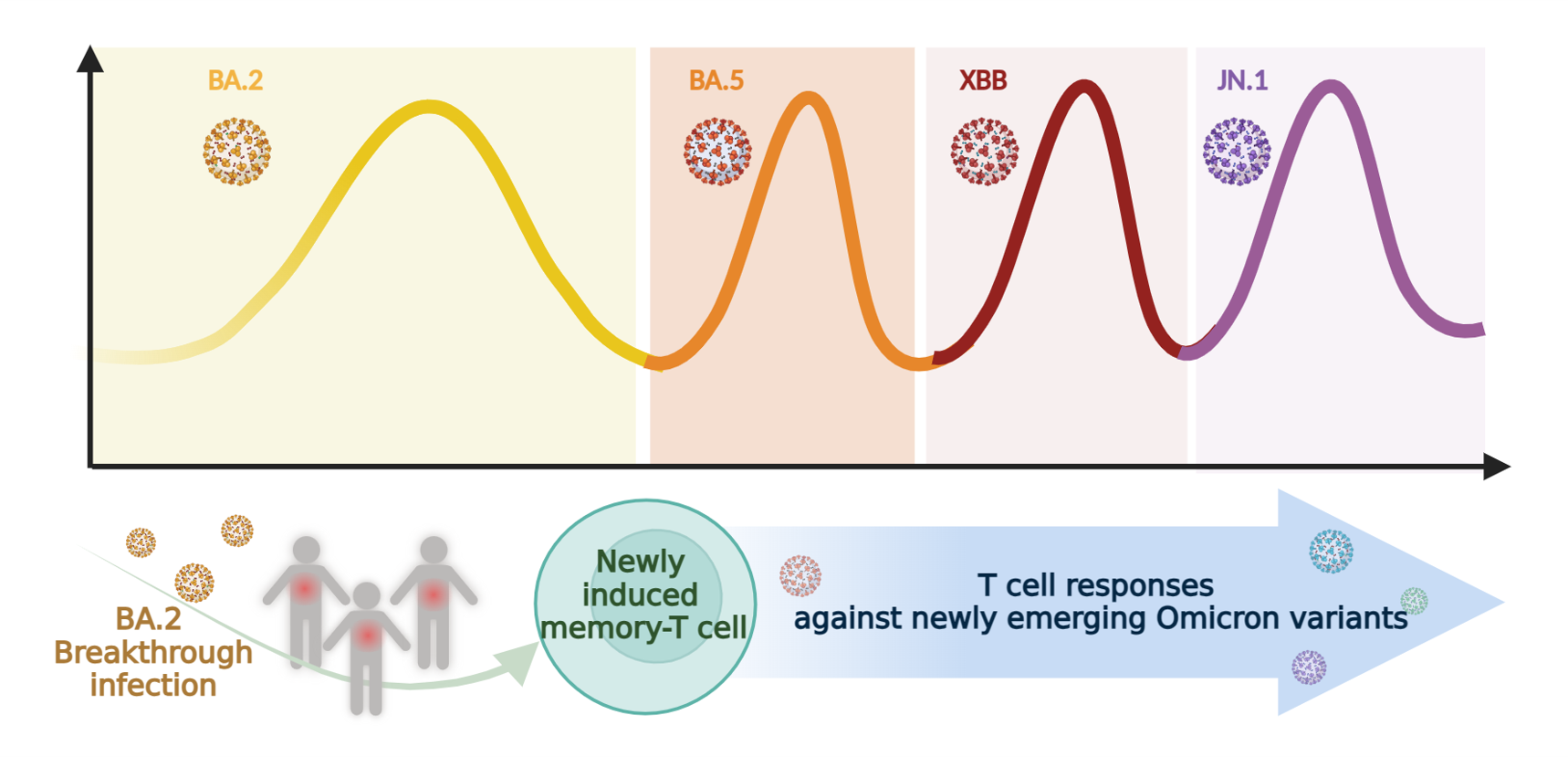주메뉴
- About IBS 연구원소개
-
Research Centers
연구단소개
- Research Outcomes
- Mathematics
- Physics
- Center for Underground Physics
- Center for Theoretical Physics of the Universe (Particle Theory and Cosmology Group)
- Center for Theoretical Physics of the Universe (Cosmology, Gravity and Astroparticle Physics Group)
- Dark Matter Axion Group
- Center for Artificial Low Dimensional Electronic Systems
- Center for Theoretical Physics of Complex Systems
- Center for Quantum Nanoscience
- Center for Exotic Nuclear Studies
- Center for Van der Waals Quantum Solids
- Center for Relativistic Laser Science
- Chemistry
- Life Sciences
- Earth Science
- Interdisciplinary
- Center for Neuroscience Imaging Research (Neuro Technology Group)
- Center for Neuroscience Imaging Research (Cognitive and Computational Neuroscience Group)
- Center for Algorithmic and Robotized Synthesis
- Center for Genome Engineering
- Center for Nanomedicine
- Center for Biomolecular and Cellular Structure
- Center for 2D Quantum Heterostructures
- Center for Quantum Conversion Research
- Institutes
- Korea Virus Research Institute
- News Center 뉴스 센터
- Career 인재초빙
- Living in Korea IBS School-UST
- IBS School 윤리경영


주메뉴
- About IBS
-
Research Centers
- Research Outcomes
- Mathematics
- Physics
- Center for Underground Physics
- Center for Theoretical Physics of the Universe (Particle Theory and Cosmology Group)
- Center for Theoretical Physics of the Universe (Cosmology, Gravity and Astroparticle Physics Group)
- Dark Matter Axion Group
- Center for Artificial Low Dimensional Electronic Systems
- Center for Theoretical Physics of Complex Systems
- Center for Quantum Nanoscience
- Center for Exotic Nuclear Studies
- Center for Van der Waals Quantum Solids
- Center for Relativistic Laser Science
- Chemistry
- Life Sciences
- Earth Science
- Interdisciplinary
- Center for Neuroscience Imaging Research (Neuro Technology Group)
- Center for Neuroscience Imaging Research (Cognitive and Computational Neuroscience Group)
- Center for Algorithmic and Robotized Synthesis
- Center for Genome Engineering
- Center for Nanomedicine
- Center for Biomolecular and Cellular Structure
- Center for 2D Quantum Heterostructures
- Center for Quantum Conversion Research
- Institutes
- Korea Virus Research Institute
- News Center
- Career
- Living in Korea
- IBS School
News Center
Evolution of the human immune system in the post-Omicron era- Memory T cells formed after breakthrough infection by Omicron respond to further variants - It has been 4 years since the start of the COVID-19 pandemic. SARS-CoV-2 has yet to be eradicated and new variants are continuously emerging. Despite the extensive immunization programs, breakthrough infections (infection after vaccination) by new variants are common. New research suggests that human immune responses are also changing in order to combat the never-ending emergence of new SARS-CoV-2 variants. Specifically, it has been discovered the immune system that encountered breakthrough infection by the Omicron variant acquires enhanced immunity against future versions of the Omicron. A team of South Korean scientists led by Professor SHIN Eui-Cheol of the Korea Virus Research Institute Center for Viral Immunology within the Institute for Basic Science (IBS) announced that the memory T cells that form during the Omicron breakthrough infection respond to subsequent strains of the virus. Emerging in late 2021, the SARS-CoV-2 Omicron variant had drastically increased transmissibility in comparison to its predecessors, which quickly allowed it to become the dominant strain in 2022. New strains of Omicron have kept emerging ever since then. Starting with BA.1 and BA2, BA.4/BA.5, BQ.1, XBB strains, and more recently JN.1 strains were among the new strains of the Omicron variant. This has led to widespread breakthrough infection despite vaccination. After becoming infected or vaccinated, the body creates neutralizing antibodies and memory T cells against the virus. The neutralizing antibody serves to prevent host cells from being infected by the virus. While memory T cells cannot prevent the infection, they can quickly search and destroy infected cells, preventing the viral infection from progressing into a severe disease. The research team’s goal was to find out the changes that occur in our body’s immune system after suffering from post-vaccination breakthrough infection. In order to answer that question, they focused on the memory T cells that formed after the Omicron infection. The previous studies on the Omicron variant have mostly focused on vaccine efficacy or neutralizing antibodies, and the research related to memory T cells has been comparatively lacking. The research team selected patients who suffered then recovered from BA.2 Omicron breakthrough infection in early 2022 as subjects and conducted studies on their memory T cells, specifically in their ability to respond to various Omicron variants such as BA.2, BA.4/BA/5, and others. In order to do so, immune cells were separated from the peripheral blood of the subjects, and the memory T cells' cytokine production and anti-viral activities in response to various spike proteins from different variants were measured. The results showed that the memory T cells from these patients showed heightened response against not only the BA.2 strain but the later BA.4 and BA.5 strains of Omicron as well. By suffering from breakthrough infection, these patients' immune system was strengthened to combat future strains of the same virus. The research team also discovered the specific part of the spike protein which is the primary cause of the observed enhancement in the memory T cells. These results show that once a person undergoes breakthrough infection by the Omicron infection, it is unlikely for them to ever suffer severe COVID-19 symptoms from the future emerging variants. Research Fellow JUNG Min Kyung who led this research stated, “This finding gives us new perspectives in the new era of COVID endemic,” adding, “It can be understood that in response to constant emergence of new virus variants, our bodies have also adapted to combat the future strains of the virus.” Director SHIN Eui-Cheol of the Center for Viral Immunology commented, “This new finding can also be applied to vaccine development. By searching for common features among the current dominant strain and emerging new strains of viruses, there may be higher chances to induce memory T cell defenses against the subsequent variants.” This research has been conducted in collaboration with colleagues from Yonsei University Severance Hospital, Korea University Hospital, Sungkyunkwan University, and Samsung Medical Center. It was published in Science Immunology on January 12, 2024.
Notes for editors
- References
- Media Contact
- About the Institute for Basic Science (IBS)
|
| Next | |
|---|---|
| Next |
- Content Manager
- Public Relations Team : Yim Ji Yeob 042-878-8173
- Last Update 2023-11-28 14:20













